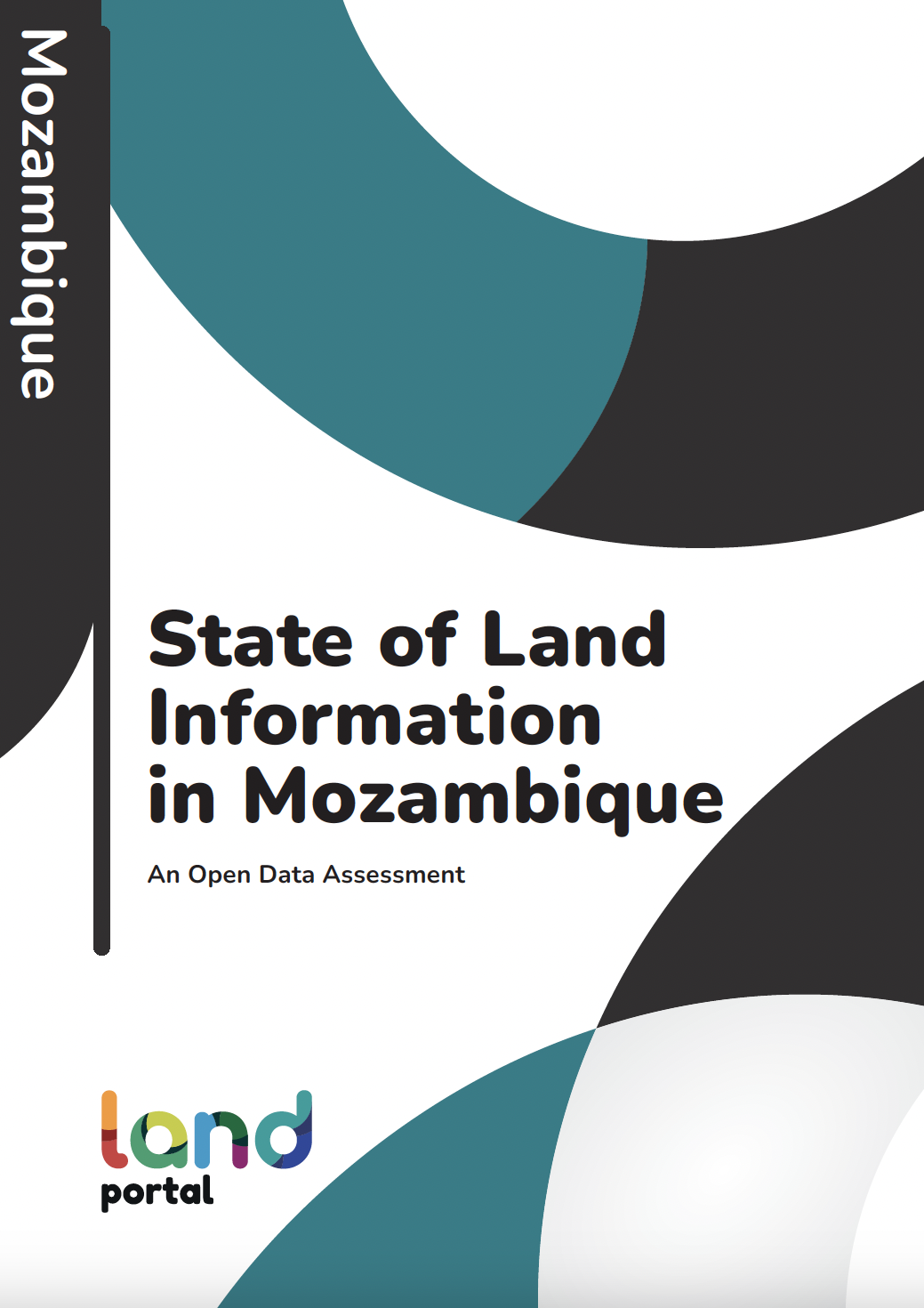Analysis of Elevation Models for Nigerian 2D Cadastre Height Determination
In Nigeria, the spatial requirements of cadastral map for the purposes of land registration are based on 2D planimetric boundary coordinates without consideration for the elevation component of geometric space. Whereas, recent development in technology and practises in many countries requires the inclusion of elevation component into the cadastre. The specific objectives of this study are to determine elevation values for existing 2D cadastre of the study area from different data sources and to analyze those elevation values using statistical means.


